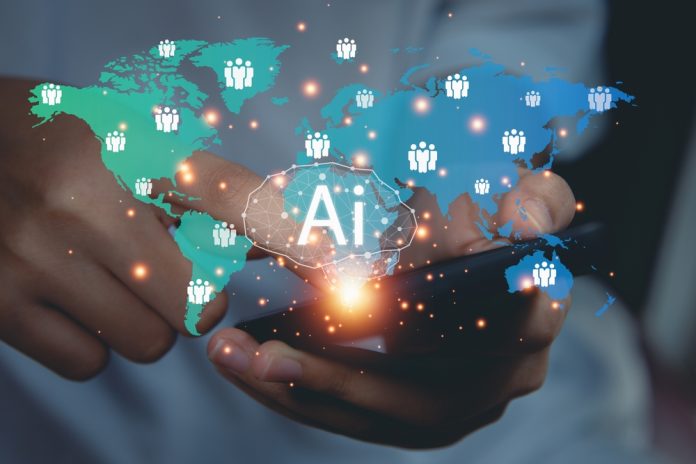
The business landscape is constantly evolving, and with it comes a growing need for skilled talent and adaptive workforces. Cornerstone’s recent Workforce Readiness Gap report highlights the importance of learning technologies in driving organizational agility, yet many employees still lack the preparedness for change. It’s imperative for companies to bridge these skill gaps to maintain competitiveness, foster innovation, and cultivate engaged and agile teams.
Embracing a personalized approach to learning and development empowers employees to adapt, innovate, and drive change. By offering tailored learning experiences, companies can create a culture of continuous learning that leads to high-performing and resilient teams – a crucial asset in today’s dynamic marketplace.
Empowering Employee Development Through Personalization
Developing a culture of continuous learning requires a customized approach that aligns with how employees learn best. Traditional one-size-fits-all training programs fall short in meeting the demands of today’s workforce, where personalized experiences are expected.
Tools powered by artificial intelligence can pinpoint existing skill gaps and provide personalized insights for targeted development. Companies can then offer customized learning journeys that cater to individual needs, preferences, and schedules, fostering a sense of ownership over professional growth.
- Anytime, anywhere learning: Access to training materials and modules on-demand.
- Personalized learning journeys: Adaptive technology tailors learning experiences to individual needs.
- Flexibility and control: Employees choose how and when they learn, promoting self-directed development.
Effective performance management processes further enhance employee development, creating a supportive environment for continuous learning and mutual success.
Closing Skills Gaps with Tech-Empowered Strategies
Technology, specifically AI-powered tools, plays a crucial role in bridging skills gaps and preparing workforces for the future. These tools enable knowledge sharing, facilitate collaboration, and offer personalized mentorship programs that empower employees to access relevant information and guidance at their fingertips.
AI assistants serve as virtual mentors, offering support, best practices, and up-to-date information to employees, ultimately enhancing their skillsets and adaptability.
Fostering Innovation Through Managerial Leadership
Managers are key drivers of employee development, acting as mentors and role models for growth and learning. By investing in their own professional development, managers set an example for their teams and create opportunities for collective success.
Continual learning and skill enhancement enable managers to lead with innovation, support their teams’ growth, and strengthen organizational trust. By prioritizing personalized approaches to employee development, companies demonstrate a commitment to building agile and competitive workforces.
Post Views: 163



